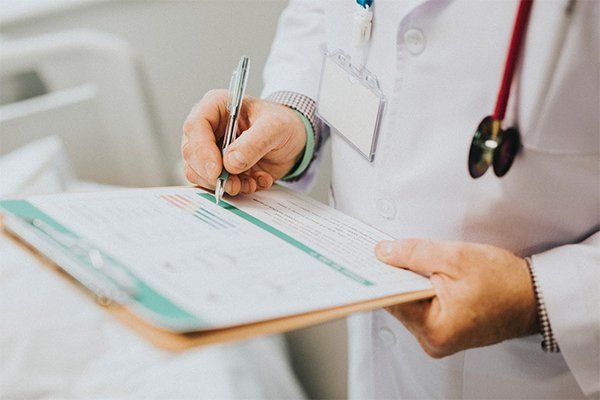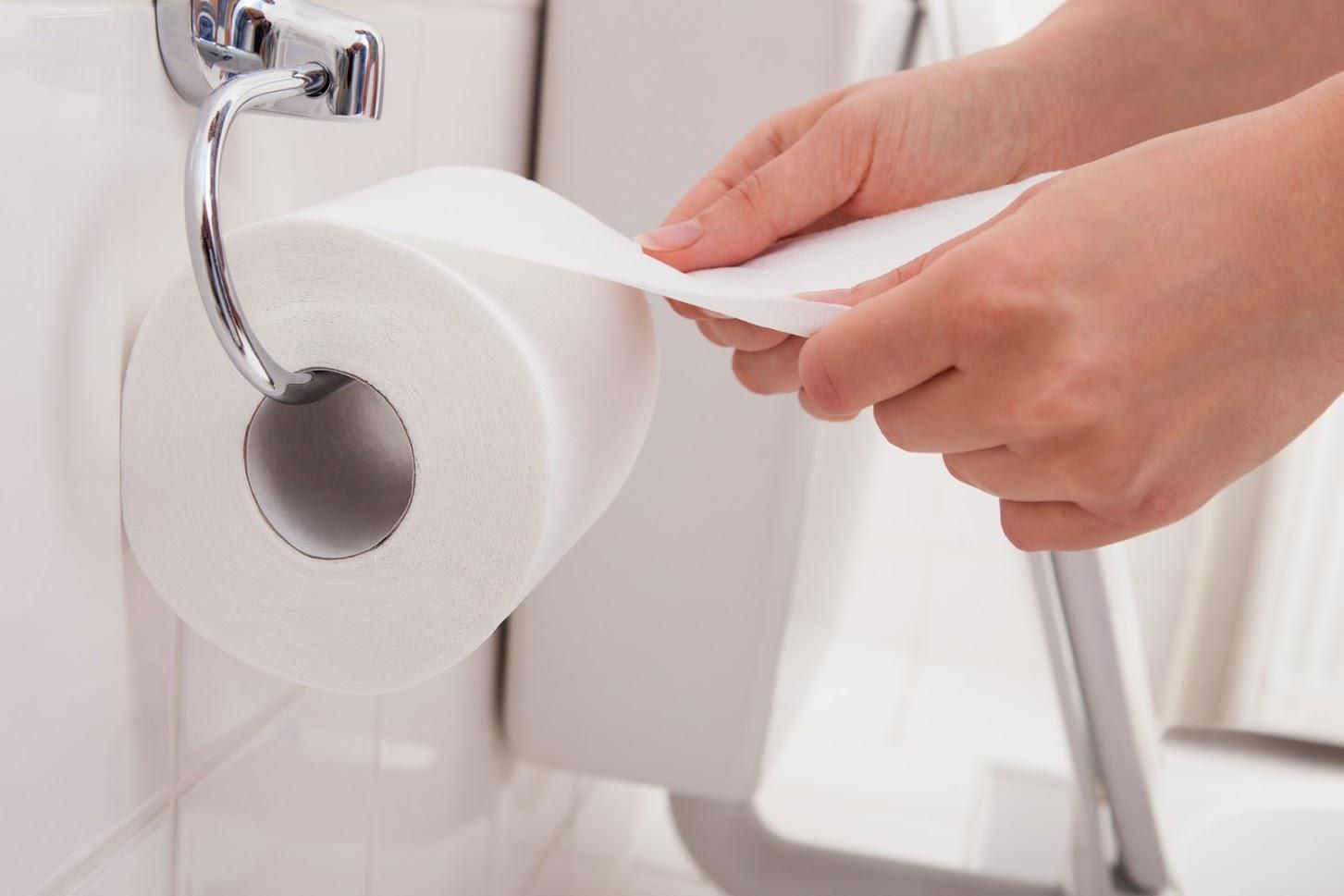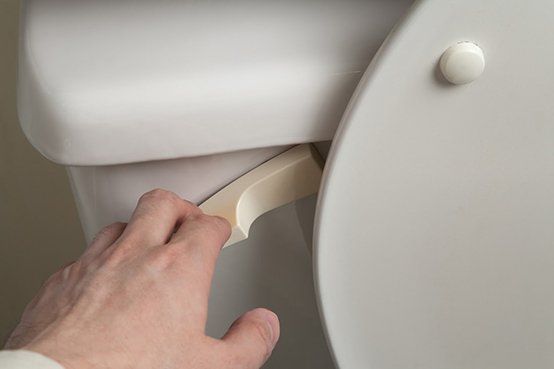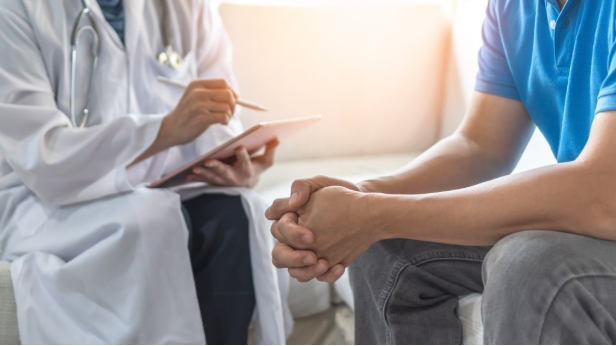Colonoscopies: From Scheduling to Bowel Prep
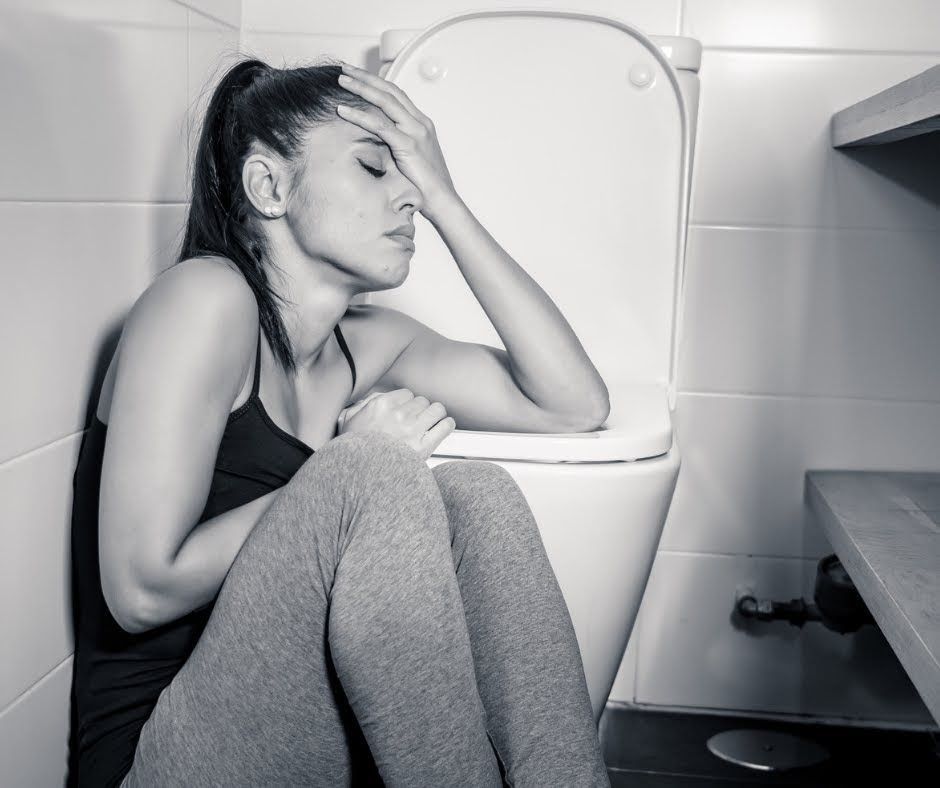
Do you need a colonoscopy? Whether your doctor already recommended this screening procedure or you're not sure whether you should schedule a scope, you want to know more about this GI test. From when to get your first screening to what to expect on exam day, take a look at some of the most common colonoscopy questions and their answers.
When Should You Get Your First Colonoscopy?
The answer to this question depends on a few factors. If you're a healthy adult with an average risk level, the American Cancer Society (ACS) recommends that you get your first colonoscopy when you turn 45. If you're at increased risk for colorectal cancer, the ACS notes that you may need your first screening before age 45.
An increased risk level includes people with a strong family history of colorectal cancer, previous colorectal cancer, some types of colorectal polyps, hereditary colorectal cancer syndromes (such as a family history of adenomatous polyposis or Lynch syndrome), radiation to the abdominal area to treat another cancer, or radiation to the pelvic region to treat a previous type of cancer.
You may also need an earlier colonoscopy (before age 45) if you have inflammatory bowel disease, Crohn's disease, or ulcerative colitis. According to the ACS, people with these conditions should have a colonoscopy at least eight years after diagnosis.
How Often Should You Have a Colonoscopy?
Again, like the start date, this depends on additional factors. Healthy adults with an average risk level should have a colonoscopy every 10 years from ages 45 through 75. People who are 76 through 85 may still need a colonoscopy if they want to have the screening, the doctor recommends it, or they have health-related issues that warrant this type of test. Most people over age 85 will no longer need routine colonoscopies, according to the ACS.
If you are at an increased or high risk for colorectal cancer, it's likely you will need a colonoscopy more than every 10 years. Your doctor will take factors, such as polyps, family history, and other colorectal diseases, into consideration when creating a screening schedule. A history of some types of polyps may increase the screening schedule to every three years.
Do You Need To Wait Until You Have Symptoms to Schedule a Screening?
Colon cancer may not have obvious symptoms or may have symptoms that mimic other common GI conditions. This makes it important to follow the recommended colonoscopy screening schedule — even if you don't have noticeable symptoms. While some people may have rectal bleeding, changes in bowel habits, or weight loss with colon cancer, others may not know they have this disease until after a colonoscopy.
How Should You Prepare for a Colonoscopy?
Now that you know when to get a colonoscopy, you may need to schedule the screening test as soon as possible. Before your procedure day, your doctor will provide you with preparation instructions. Unlike some other imaging tests (such as an X-ray of your foot or an MRI of your knee), a colonoscopy requires an extensive prep that you must follow step by step.
Reduce your dietary fiber intake several days before your procedure appointment. To do this, you will need to eliminate whole grains, nuts, seeds, dried fruit, raw fruit, and raw vegetables. High-fiber foods may take longer to digest, making the colon cleansing more difficult or less effective.
Stop eating solid foods and milk products the day before your colonoscopy. Instead, only drink clear broth and clear liquids. You can also eat gelatin or popsicles. Avoid anything with red or purple dye or food coloring. These can stain your colon or look like blood during the procedure.
You will need to complete a cleansing prep the day or night before your colonoscopy. The doctor will prescribe a bowel cleansing drink. Follow the instructions exactly. If your bowel isn't completely clear (in other words, if stool is left behind), the doctor won't have the ability to clearly visualize your colon. This could result in the need for a repeat procedure.
Do you need to schedule a colonoscopy? Contact Kentuckiana Gastroenterology for more information.


